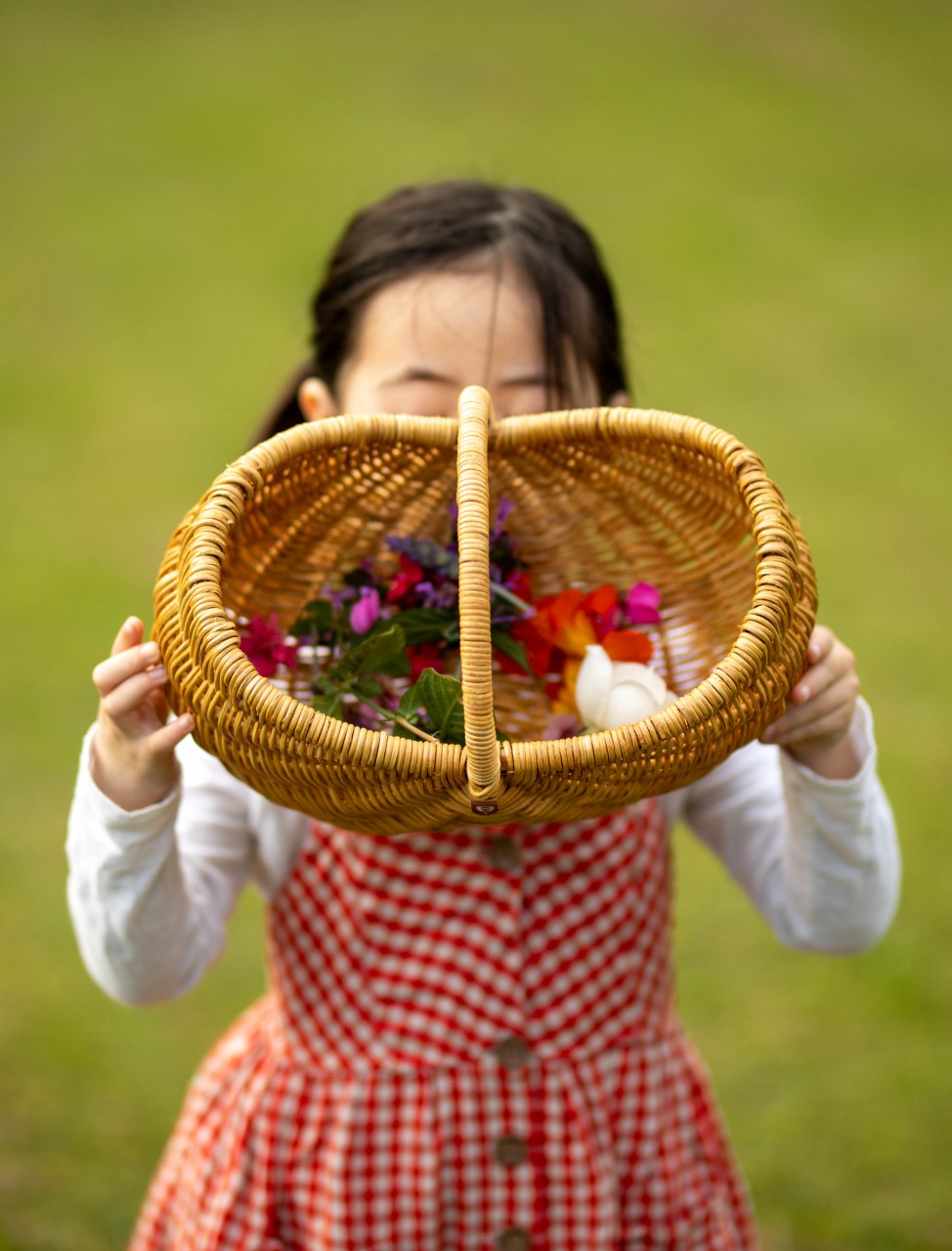Recently, parents and caregivers have been turning to the Montessori method not just in schools, but in their own homes. With technological advancement and changing social norms, many are wondering how to prepare their children for a world that is rapidly evolving. As parents, we ask ourselves how we can help our children develop healthy self-esteem in a world filled with social media and how we can help them become the movers, makers and shapers of tomorrow.
With so many variables out of our control, the one thing we can do is lay strong foundations for our children at home. The early years of brain development are crucial, with a child's brain growing to 80% of its capacity by the age of 3 years and reaching 90% by the age of 5. This means that what we do now has the biggest impact on shaping our child's brain for the rest of their lives.
Dr Maria Montessori's method offers a perfect framework for how we can lay these foundations in the most loving and respectful of ways. Montessori is a child-centric approach, where parents lead from behind on their child's journey to spreading their wings.

To adopt the Montessori method at home is to be mindful of the connection between the child, the adult and the environment. A well-prepared environment teaches the child about the world, fosters curiosity, teaches resilience and gives a sense of belonging. In short, a well-prepared environment, or play space, is a microcosm of the world at large.
As parents, we often focus on the parent-child connection,often overlooking the third element, the environment. The Montessori method challenges you to see the world through your child's eyes and consider what your home is indirectly telling them.

As a new mother, my focus was solely on bonding with my baby, but discovering the Montessori method opened my eyes to the profound impact that my home environment has on my child. The Montessori approach challenges us to see the world through our child's eyes, and it was both amazing and disturbing. I was amazed by how my home, even in the smallest details, became new and exciting for my child. But I was also disturbed by the subtle messages it sent - that my child couldn't be trusted, that she wasn't ready to try things on her own, and that her curiosity and desires were not important. It was a wake-up call to reevaluate my home and ensure it aligns with the Montessori principles of promoting independence, trust, and respect for my child's abilities and desires.
The Montessori approach made me question whether my adult-centric perspective was the best way to approach parenting. I challenge you to start seeing the world from your child's eyes and to ask yourself: What is my home telling my child?






